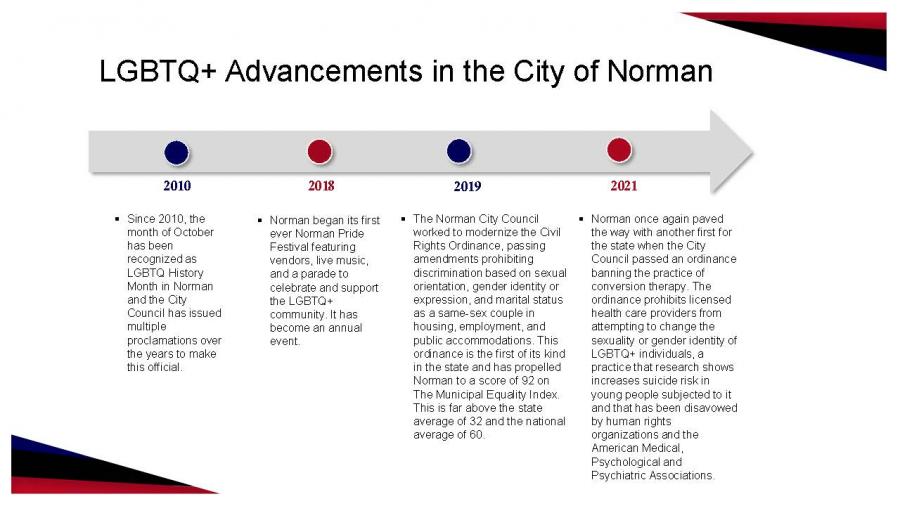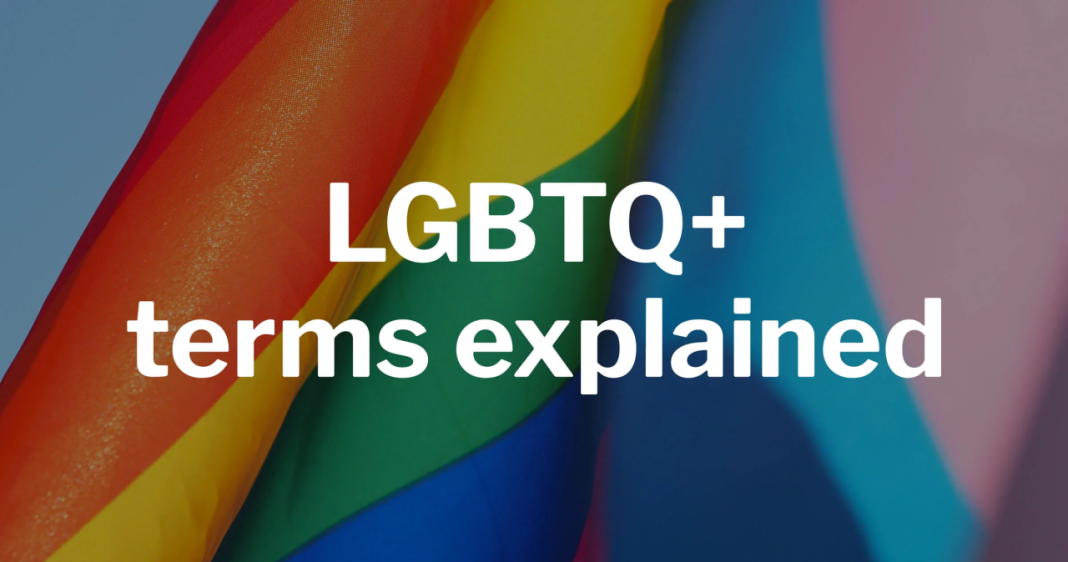The history of the LGBTQ community is rich with struggles, victories, and groundbreaking milestones that have shaped the social, political, and cultural landscape of today’s world. From moments of rebellion to moments of recognition, the journey toward equality and acceptance for lesbian, gay, bisexual, transgender, queer, and other sexual and gender minorities (often collectively referred to as the LGBTQ+ community) has been long and challenging. However, these pivotal moments have helped to foster a more inclusive society, inspiring social movements, legislative changes, and greater visibility.
In this article, we explore 10 key milestones in LGBTQ history that are crucial to understanding the ongoing fight for equal rights and recognition. These moments are vital in both reflecting the struggles faced by the LGBTQ community and celebrating the progress made over the years.
Table of Contents:
- The Birth of the Modern LGBTQ Rights Movement: The Stonewall Riots (1969)
- The Formation of the First LGBTQ Rights Organizations
- The Decriminalization of Homosexuality in the United States: Lawrence v. Texas (2003)
- The Stonewall Uprising: The Catalyst for Pride Month
- The AIDS Crisis: Mobilization and Activism in the 1980s
- The Legalization of Same-Sex Marriage in the United States: Obergefell v. Hodges (2015)
- The Inclusion of Transgender Rights in the Mainstream LGBTQ Movement
- The Appointment of Openly LGBTQ Politicians and Leaders
- Global Recognition and the Fight for LGBTQ Rights Around the World
- The Ongoing Struggle: Challenges and Triumphs in LGBTQ Equality
1. The Birth of the Modern LGBTQ Rights Movement: The Stonewall Riots (1969)
The Stonewall Riots of 1969 are often regarded as the spark that ignited the modern LGBTQ rights movement. The riots took place at the Stonewall Inn, a gay bar in New York City, when the police conducted a raid, which was common at the time. However, on this particular night, patrons of the bar decided to stand up to the police, leading to a series of protests and demonstrations that lasted for several days.
This event galvanized the LGBTQ community, leading to the formation of several advocacy groups such as the Gay Liberation Front and Gay Activists Alliance. It marked a shift from quiet resistance to bold activism, setting the stage for the formation of the first Pride marches in 1970. The Stonewall Riots are a cornerstone in LGBTQ history, often considered the birth of the modern LGBTQ rights movement.
2. The Formation of the First LGBTQ Rights Organizations
Before Stonewall, there were already organizations advocating for LGBTQ rights, though they were often limited in scope and less vocal. One of the earliest was the Mattachine Society, founded in 1950, which advocated for the rights of gay men. The Daughters of Bilitis, founded in 1955, was the first recognized lesbian rights organization. While these organizations were groundbreaking, they were not as visible or radical as those that emerged post-Stonewall.
The Stonewall Riots sparked a wave of activism, and in the following years, several new organizations were established, including GLAAD (Gay & Lesbian Alliance Against Defamation) and ACT UP (AIDS Coalition to Unleash Power). These groups played a significant role in fighting discrimination, raising awareness of LGBTQ issues, and advocating for policy changes.
3. The Decriminalization of Homosexuality in the United States: Lawrence v. Texas (2003)
In Lawrence v. Texas (2003), the United States Supreme Court struck down a Texas sodomy law that criminalized consensual sexual conduct between same-sex adults. This landmark decision effectively legalized same-sex sexual activity nationwide, invalidating similar laws in 13 other states. The decision was seen as a huge victory for the LGBTQ community, as it affirmed the right to privacy and decriminalized homosexuality in the United States.
The case was pivotal in the broader context of LGBTQ civil rights, as it challenged outdated and discriminatory laws and signaled a shift toward greater acceptance of diverse sexual orientations. The ruling paved the way for future legal battles, including the legalization of same-sex marriage.
4. The Stonewall Uprising: The Catalyst for Pride Month
In addition to its role in sparking the modern LGBTQ rights movement, the Stonewall Riots directly led to the creation of Pride Month. In 1970, the first Pride marches took place in New York City, Los Angeles, and Chicago on the anniversary of the Stonewall Uprising. These marches were a form of protest against the criminalization of LGBTQ individuals, as well as a way to publicly demand equal rights.
Today, Pride Month is celebrated each year in June to honor the Stonewall Riots and to recognize the ongoing struggle for LGBTQ rights. Pride events, including parades, festivals, and rallies, have become a global phenomenon, providing a platform for LGBTQ visibility, solidarity, and advocacy.
5. The AIDS Crisis: Mobilization and Activism in the 1980s
The 1980s marked a devastating chapter in LGBTQ history with the emergence of the AIDS epidemic. The disease disproportionately affected gay men, and its widespread impact led to significant stigma, discrimination, and fear. The lack of government response in the early years of the crisis led to growing frustration and anger within the LGBTQ community, resulting in a wave of activism.
ACT UP, founded in 1987, became one of the most influential advocacy organizations during this time, staging protests to demand better treatment and government action in response to the AIDS crisis. Thanks to the tireless work of activists and scientists, the development of antiretroviral drugs and improved public health education helped slow the spread of the disease. Today, the fight for better treatment, prevention, and resources continues, and the legacy of AIDS activism has significantly shaped LGBTQ advocacy.
6. The Legalization of Same-Sex Marriage in the United States: Obergefell v. Hodges (2015)
One of the most historic legal victories for the LGBTQ community came with the Obergefell v. Hodges decision in 2015, when the U.S. Supreme Court ruled that the right to marry is guaranteed to same-sex couples under the Constitution. This ruling legalized same-sex marriage across the United States, ensuring that LGBTQ couples had the same legal rights and protections as heterosexual couples.
The decision was the culmination of decades of advocacy, legal challenges, and public campaigns aimed at securing marriage equality. The Obergefell ruling represented a major shift in the legal and cultural landscape, marking a triumph for LGBTQ rights activists and providing a significant victory in the fight for equality.
7. The Inclusion of Transgender Rights in the Mainstream LGBTQ Movement
While the LGBTQ movement initially focused heavily on the rights of gay men and lesbians, transgender rights began to gain more visibility in the late 20th and early 21st centuries. The fight for transgender rights includes issues such as access to healthcare, protection from discrimination, and legal recognition of gender identity.
The landmark 2004 ruling in Massachusetts legalizing same-sex marriage was one of the first major victories for the transgender community, and transgender issues began to gain visibility in popular culture with public figures such as Caitlyn Jenner coming out as transgender in 2015. As the transgender rights movement continues to grow, issues like access to gender-affirming care, anti-transgender violence, and employment discrimination remain central to the ongoing fight for equality.
8. The Appointment of Openly LGBTQ Politicians and Leaders
Over the past few decades, openly LGBTQ individuals have gained political power and influence, marking a significant shift in LGBTQ representation in politics. In 1987, Harvey Milk, the first openly gay elected official in California, was tragically assassinated, but his legacy paved the way for future LGBTQ politicians.
In 2009, Barney Frank became the first openly gay member of Congress to marry his partner. More recently, in 2020, Pete Buttigieg became the first openly gay U.S. presidential candidate to win a primary state. The election of LGBTQ individuals to public office and leadership positions continues to increase visibility and acceptance for the community, offering hope for more inclusive policies and representation.
9. Global Recognition and the Fight for LGBTQ Rights Around the World
While the fight for LGBTQ rights in the U.S. has made significant strides, the global struggle for LGBTQ equality is ongoing. Many countries, including Canada, Argentina, and most of Western Europe, have made significant advances in LGBTQ rights, including the legalization of same-sex marriage and anti-discrimination laws. However, in many regions, LGBTQ individuals still face criminalization, violence, and severe discrimination.
Activism continues to grow globally, with organizations working to improve the rights and safety of LGBTQ people in countries where they still face persecution. International events like the Global Pride march and Pride festivals continue to amplify the voices of LGBTQ individuals around the world.
10. The Ongoing Struggle: Challenges and Triumphs in LGBTQ Equality
While great progress has been made, the LGBTQ community still faces significant challenges. Issues such as conversion therapy, the lack of legal protections in many states, the fight for transgender rights, and the criminalization of homosexuality in some countries remain central to the movement. Activists continue to fight for equal rights, protection from discrimination, and recognition of diverse gender and sexual identities.
As societal attitudes continue to evolve, the future of LGBTQ rights remains hopeful. Continued advocacy, education, and activism will be key in ensuring that LGBTQ individuals are fully included in society.
Conclusion
The history of the LGBTQ community is a testament to the resilience, courage, and activism of countless individuals who have fought for equality, visibility, and acceptance. From the Stonewall Riots to the legalization of same-sex marriage, the milestones in LGBTQ history have helped create a more inclusive world. However, the fight is far from over, and as we reflect on these key moments, it’s important to continue advocating for the rights and recognition of LGBTQ individuals across the globe.
By understanding these critical milestones, we can honor the past, celebrate the present, and look toward a future where all people, regardless of sexual orientation or gender identity, are treated with dignity and respect.


